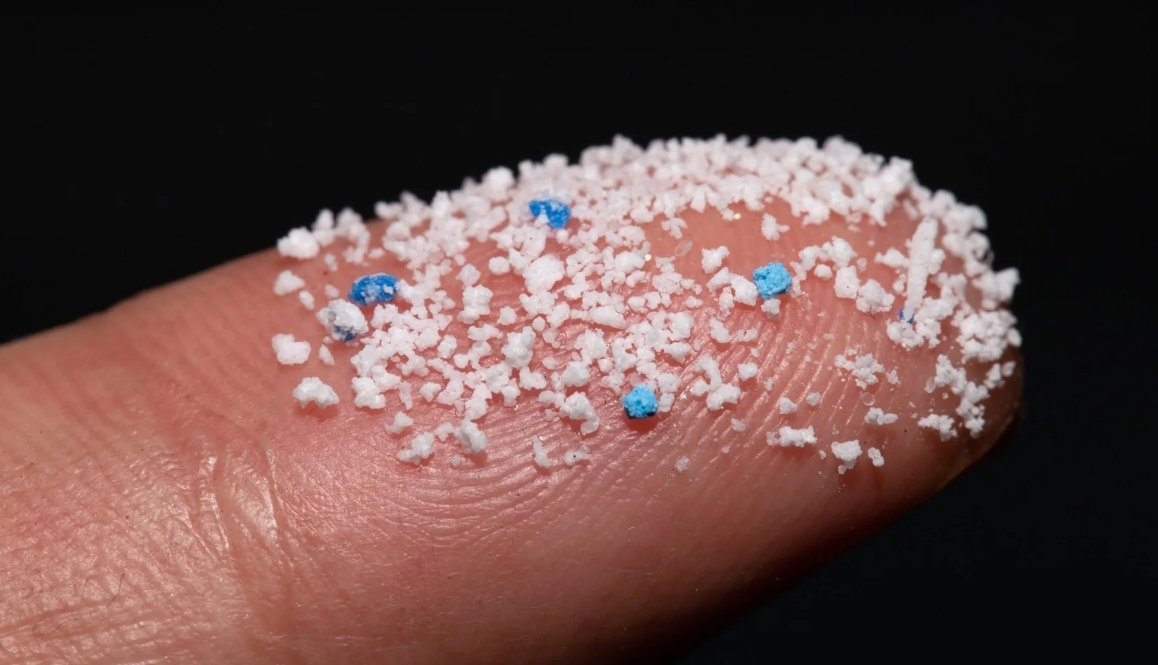Scientists in Mohali identify nano-plastics as emerging agents in spread of antibiotic resistance
December 20, 2024 | Friday | News
Nano-plastics could transform beneficial bacteria into carriers of antibiotic resistance genes
image credit- shutterstock
Nanoplastics derived from single-use plastic bottles (SUPBs) contribute to the spread of antibiotic resistance (AR), shows a new study, underscoring an unrecognised public health risk.
Scientists from Institute of Nano Science and Technology (INST) Mohali, an autonomous institution of the Department of Science and Technology (DST), traced how plastic nanoparticles could impact bacteria. Recognising the central role of Lactobacillus acidophilus in the gut microbiota, Dr Manish Singh and his team investigated whether nano-plastics could transform beneficial bacteria into carriers of AR genes and pose a risk to human gut microbiome health.
They utilised the used plastic water bottles to synthesise environmentally relevant nanoplastics particles as these polyethylene terephthalate bottle-derived nanoplastics (PBNPs) better represent the actual pollutant nanoplastics generated due to dumping of single use plastic bottles and containers.
The scientists demonstrated that PBNPs can facilitate the cross-species gene transfer from E. coli to Lactobacillus acidophilus, a significant bacteria found in human gut microbiota, through a process called horizontal gene transfer (HGT), particularly through outer membrane vesicle (OMV) secretion in bacteria.
Protecting beneficial gut bacteria is crucial for immune support, digestion, and disease prevention. Limiting nanoplastic contamination could help preserve gut microbiota integrity, minimising the chances of AR gene transfer from beneficial to pathogenic bacteria and supporting microbiome resilience.
With increasing plastic pollution, this finding highlights the need for strict safety guidelines, awareness programmes as well as the necessity of policies that prioritise responsible usage of plastics and it’s adequate waste management to safeguard the human health and microbiome stability.









